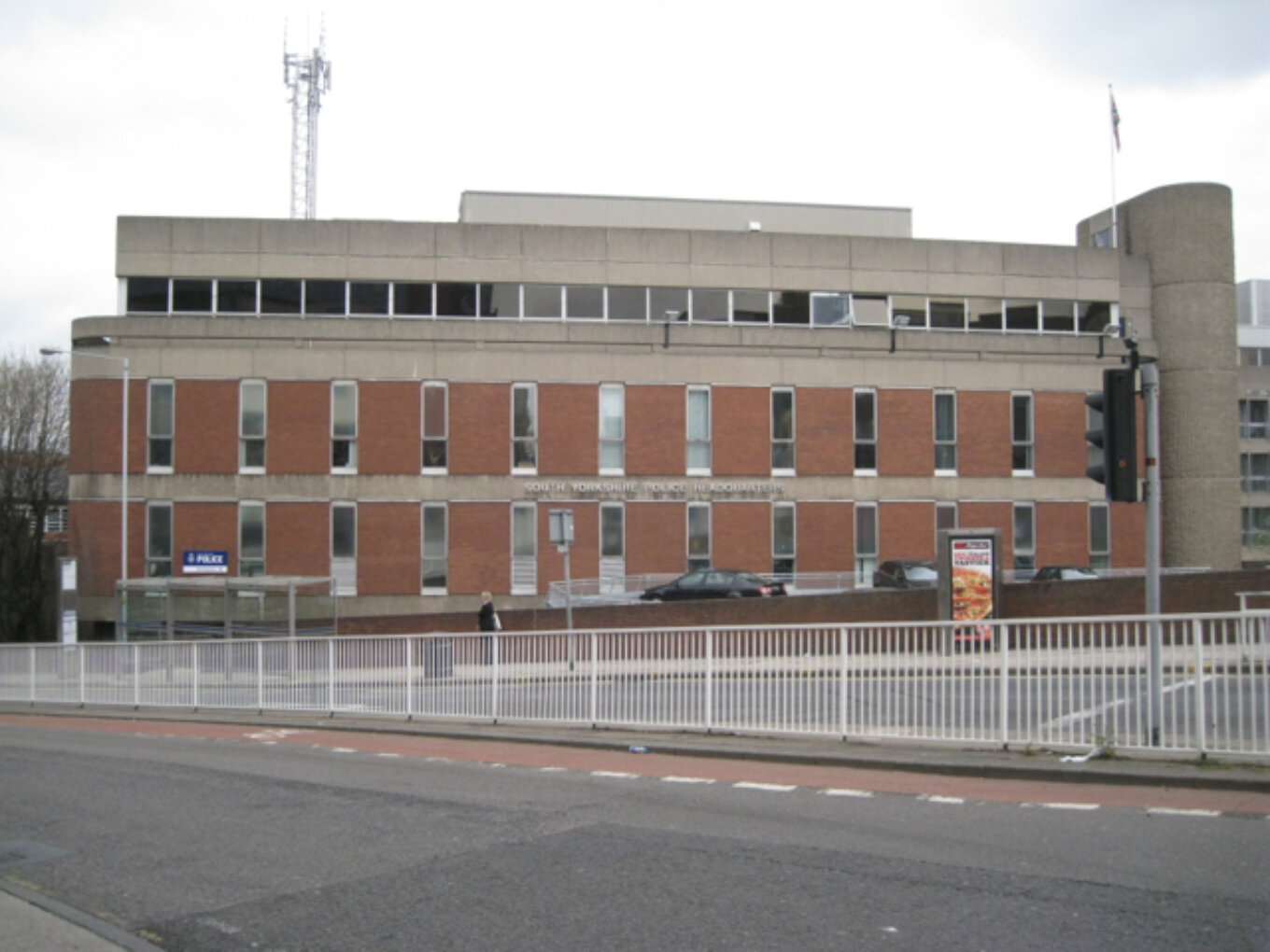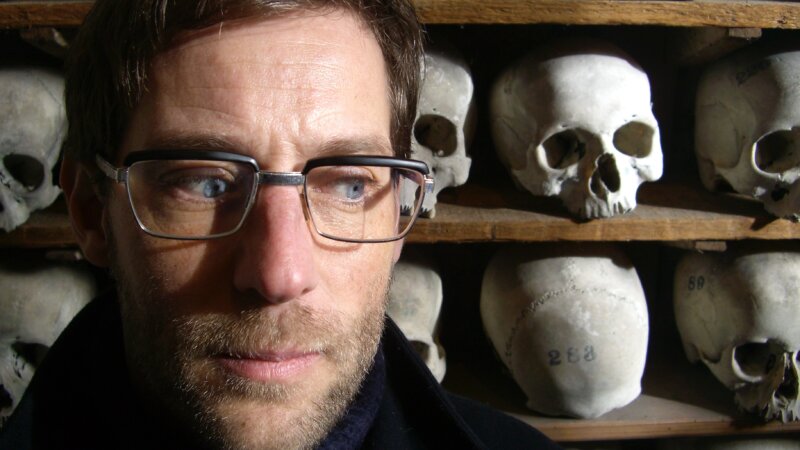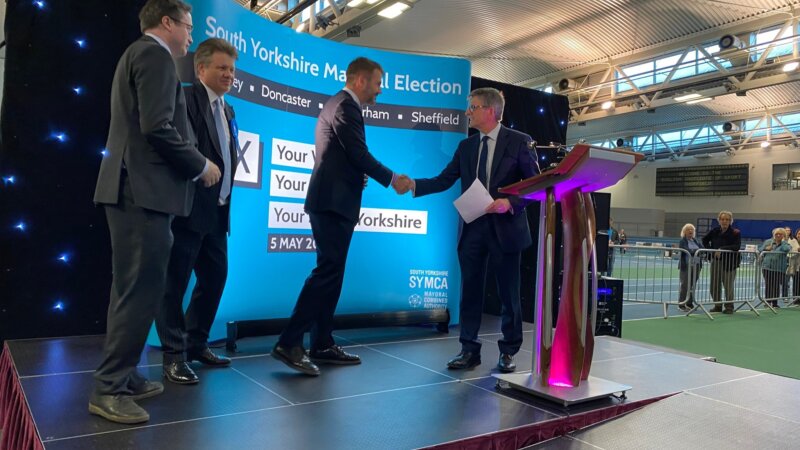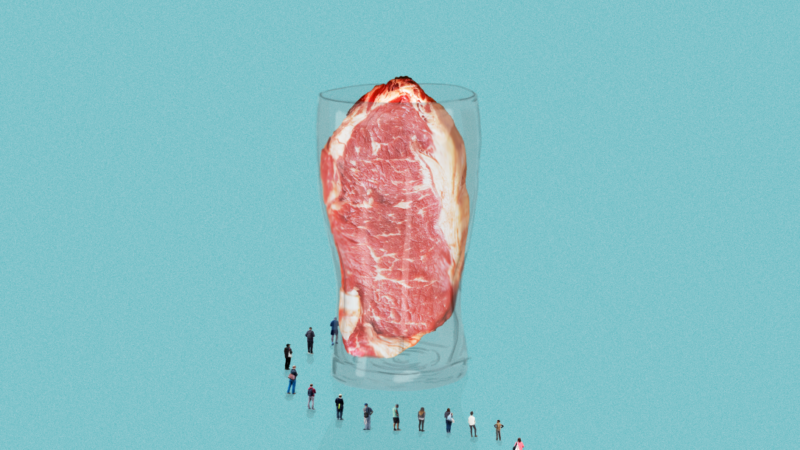"It's an uphill battle from day one": What the police say
Non-disabled women are twice as likely as disabled women to have the person they accuse of rape charged or summonsed. Now Then speaks to Natalie Shaw, Strategic Lead for Violence Against Women and Girls for South Yorkshire Police.

South Yorkshire Police Headquarters Snig Hill
Robin Stott / South Yorkshire Police Headquarters, Snig Hill / CC BY-SA 2.0Feminist campaigners have long argued that women are being let down when they report rape, but data obtained by Now Then shows that disabled women are getting an even worse deal.
Because despite being twice as likely to experience sexual assault, a Freedom of Information request by Now Then shows that, when we report rape in South Yorkshire, we are half as likely as non-disabled women to see the person we accuse charged or summonsed.
Natalie Shaw is the Strategic Lead for Violence Against Women and Girls for South Yorkshire Police. Having been a police officer for years, including work in domestic abuse, child abuse and sex offender management, she retired before coming back to take on this position.
Shaw tells me that her role is to look at provision around gender-based violence in the region and “identify where there are weaknesses or there could be cross-over, and how we can improve our overall response”.
When presented with the data Now Then had uncovered, Shaw explains that there are “a lot of issues” with data collection practices, both within South Yorkshire Police and nationally, including accurately reporting protected characteristics, such as if somebody is disabled. This is backed up by research from the Centre for Public Data, who found “data gaps” in the justice system that mean that “vulnerable groups risk being overlooked by policymakers”.
But Shaw acknowledges that “that doesn't take away from the fact that if you're disabled, it seems that you get a lot less chance of success in our justice system.”
She explains that part of the problem with rape conviction rates in general is that there is the same evidence threshold for rape victims, who are highly traumatised, as for victims of minor crimes.
“You've got to look at the criminal justice process in itself [...] Is it the kind of process that supports women who've gone through a really traumatic experience? Because the expectation of the victim is that they can give you a really concise, clear statement of what actually happened to them.”
In reality, she goes on, “trauma doesn’t work like that”.
She understands how difficult it is to report sexually violent crimes at all. “It takes them quite some time to understand, first of all, what has actually happened to them. Then do they actually want to go and tell somebody about that? Would you go and tell somebody about that?
“How do you piece all that together? […] People act differently in trauma.”
When victims are traumatised, they can struggle to piece together a consistent account of the details of what happened, such as the order of events or when, precisely, certain things happened. And when there is an inconsistency in the report a survivor gives to the police, Shaw says that “is played back to you by the defence as being inconsistent in your recollection of the incident.”
In addition, because rape victims may not report the crime straight away, “you might be outside of the forensic window, so there might not be evidence to suggest what happened that could back it up.
“Even if there is evidence, one person says it's consent, the other person says it's not, in most cases.”
Getting justice for rape survivors is particularly difficult, Shaw says, because “trauma plays such a heavy part in these kinds of offences. It's then really hard to unpick it in a really cold-light-of-day way for examination before any kind of criminal justice.”
She also recognises that the police are just one part of a complex process.
“You look at the criminal justice outcomes and you look at the complexity. You can't look just at the police in isolation.
“You look at the reporting, you look at the investigation, you look at the CPS [Crown Prosecution Service], you look at the time it takes to get to court.
“It's an end-to-end process [...] Would you willingly enter into that?
“You know, the women who do? Goodness me! And the men who do? What strength they must have!
“Because if you looked at it analytically, and looked at the chance of anything actually happening to your perpetrator, then it's an uphill battle from day one, isn't it?”
Natalie Shaw also had some insight into the additional barriers disabled women might face when reporting rape, which she describes as “all of [what I said] before, and then some”.
“You look at it from a disabled woman's point of view. What is that disability? Is it physical? Is it your cognitive ability to be able to recollect what's happened to you? Do you rely on the perpetrator for your care, to communicate?
“You add those additional vulnerabilities. And how do you even start to navigate that?”
This recognition that disabled women can face additional barriers to reporting, and to proceeding through the criminal justice system, is important – as is the fact that Shaw left our call determined to look for ways to improve things.
Disabled women have told me that they are not believed, that their impairments have been used against them, that nobody took the time to work out how to communicate with them, or that their abuser being their carer meant that everybody saw him as a saint, not a rapist.
In future articles in the Justice Gap series, I will talk to charities, survivors, the CPS and academics working in this area to further explore why disabled survivors of sexual violence are being so devastatingly let down.
If you are a disabled survivor of sexual violence and want to talk to me – anonymously, if you prefer – for the Justice Gap series, email me.








